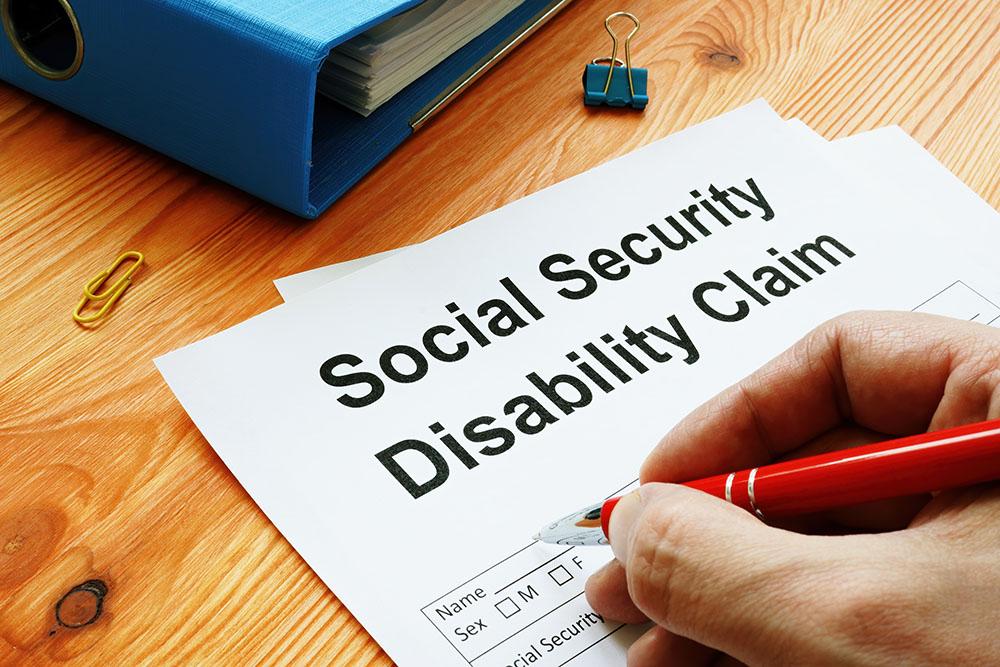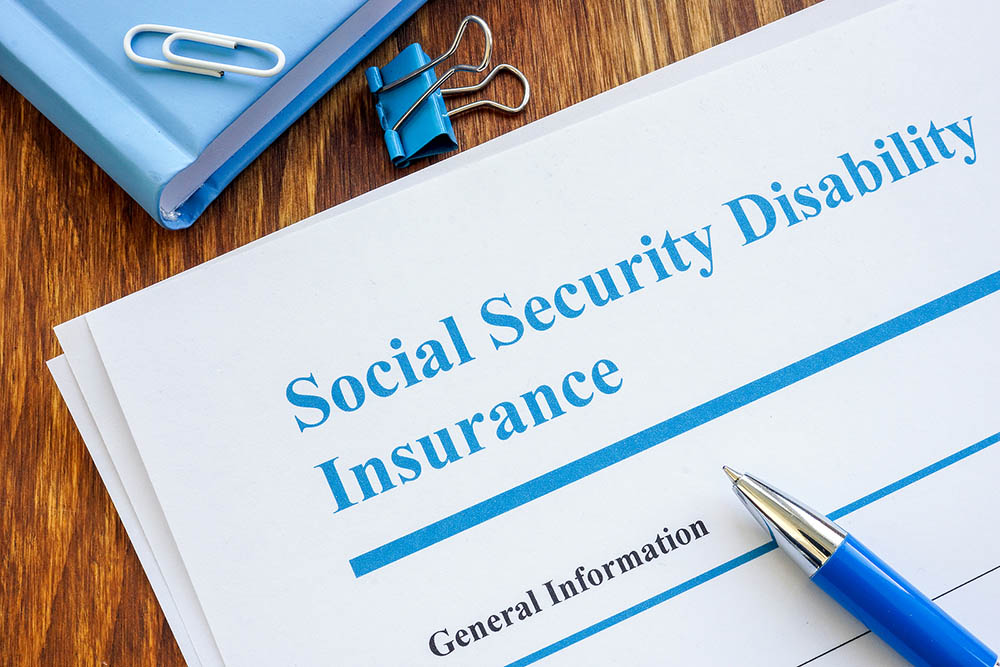Understanding the appeals process in Stevens-Johnson Syndrome (SJS) legal cases can be crucial if you are dealing with a court’s decision that you believe is unfair. The legal system allows you to challenge a verdict through an appeal, offering a way to seek a more favorable outcome. Read on as we aim to break down the various aspects of the appeals process in SJS legal cases, so you can feel more confident and prepared.
What Is the Appeals Process?
The appeals process is a legal procedure where a higher court reviews the decision of a lower court. In Stevens-Johnson Syndrome cases, this gives you another chance to seek justice if you believe the original verdict or ruling was incorrect. Unlike a trial, an appeal focuses on the application of the law rather than re-examining all the facts of the case. This means that the appellate court looks at whether the law was applied correctly based on the presented facts.
Appeals are not automatically granted. You have to file a notice of appeal and usually present a written brief explaining why the lower court’s decision should be overturned. The opposing party will also have an opportunity to present their argument in response. Sometimes, oral arguments may also take place in front of the judges.
Understanding this process is essential because it sets the framework for what you can expect. Knowing that the appeals court will focus on legal errors and interpretations helps you and your attorney prepare more effectively. This knowledge is particularly crucial in SJS cases where medical complexities might have been misunderstood or improperly considered in the initial trial.
Common Reasons for Filing an Appeal in SJS Cases
There are several reasons why someone might file an appeal in an SJS legal case. Understanding these reasons can help you decide if appealing is the right step for you.
1. Legal Errors
– One of the most common reasons for an appeal is a legal error during the initial trial. This might include incorrect jury instructions, improper admission or exclusion of evidence, or mistakes in applying the law.
2. Misinterpretation of Facts
– An appeal can be filed if you believe the facts of your case were not properly interpreted. For instance, if new evidence comes to light that could significantly impact the case outcome, it might be grounds for an appeal.
3. Procedural Issues
– Sometimes, the procedures followed in the initial trial were flawed. This might include bias in jury selection or misconduct by SJS attorneys or judges. Procedural issues can be a valid reason to seek an appeal.
4. Outcome Doesn’t Match Facts
– If you believe the verdict does not align with the presented facts or evidence, you may have grounds for an appeal. For example, if the damage awarded does not reflect the severity of your condition, this can be contested.
Filing an appeal based on these reasons helps to ensure that justice is served, particularly in complex SJS cases where medical and legal intricacies often intersect.
Steps Involved in the Appeals Process
Understanding the steps involved in the appeals process can help you navigate it more effectively. Each step is crucial to ensuring your appeal is considered seriously by the appellate court.
1. Notice of Appeal
– The first step is to file a notice of appeal. This document informs the court and the opposing party that you intend to seek a review of the lower court’s decision. This must be filed within a strict timeline, usually 30 days from the initial judgment.
2. Record Preparation
– Next, the trial court’s records are prepared and sent to the appellate court. These records include transcripts, evidence, and any other documents related to your case. Accuracy is vital here, as these documents form the basis of your appeal.
3. Written Briefs
– Both parties submit written briefs. Your brief will outline the legal errors or other grounds for your appeal, supported by relevant laws and precedents. The opposing party will submit a brief to argue why the lower court’s decision should stand.
4. Oral Arguments
– In some cases, the court may schedule oral arguments where lawyers from both sides present their cases. This provides an opportunity to clarify points from the written briefs and answer the judges’ questions.
5. Judgment:
– After reviewing the briefs and oral arguments, the appellate court will issue a judgment. This decision can affirm, reverse, or remand the case back to the lower court for further proceedings.
Knowing these steps helps you and your attorney prepare thoroughly, increasing your chances of a favorable outcome.
Tips for a Successful Appeal
Achieving a successful appeal in an SJS legal case requires careful preparation and strategic planning. Here are some tips to increase your chances of success:
1. Hire an Experienced SJS Lawyer
– Ensure you have a SJS lawyer who is experienced in appeals and familiar with SJS cases. Their expertise can be crucial in identifying legal errors and building a strong argument.
2. Meet Filing Deadlines
– Appeals have strict deadlines. Missing a deadline can result in your appeal being dismissed. Work closely with your attorney to ensure all documents are filed on time.
3. Focus on Legal Errors
– Remember, the appeals court looks at legal errors, not new evidence. Concentrate on how the law was applied incorrectly or procedural mistakes that impacted the trial’s fairness.
4. Prepare a Strong Brief
– The written brief is your primary tool in an appeal. Make sure it clearly outlines your arguments and supports them with relevant laws and case precedents. Review and revise it meticulously.
5. Practice Oral Arguments
– If there are oral arguments, practice is essential. Be prepared to answer judges’ questions and clarify points from your written brief. Confidence and clarity can make a significant difference.
Conclusion
Understanding and navigating the appeals process in Stevens-Johnson Syndrome legal cases can be daunting, but being well-informed and prepared can significantly improve your chances of achieving a favorable outcome. From knowing what the appeals process entails and common reasons for appealing to grasping the essential steps and useful tips, you equip yourself with the necessary tools to seek justice.
If you believe that legal errors affected your case, consulting with an experienced Stevens-Johnson Syndrome attorney can provide the guidance and expertise you need. At Greg Jones Law, P.A., our team is dedicated to helping you understand and navigate the complexities of the appeals process. Contact us today for a consultation and take the next step towards securing the justice you deserve.




